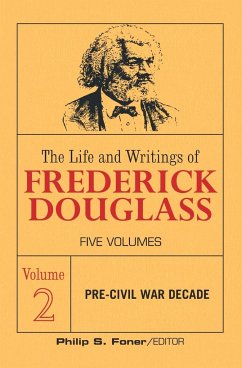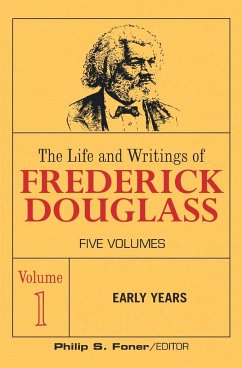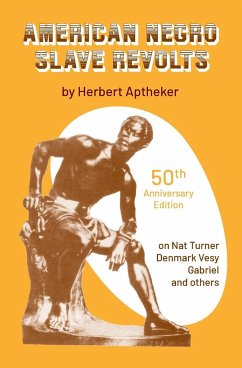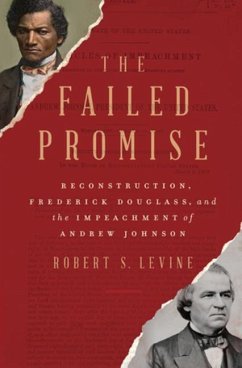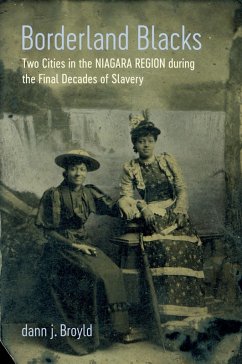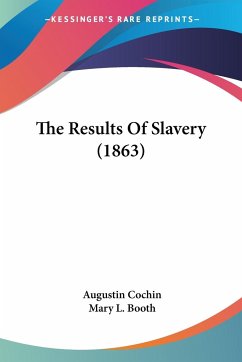
The Live and Writings of Frederick Douglass, Volume 3
The Civil War
Herausgeber: Foner, Phillip Sheldon
Versandkostenfrei!
Versandfertig in 1-2 Wochen
24,99 €
inkl. MwSt.

PAYBACK Punkte
12 °P sammeln!
The second volume of The Life and Writings of Frederick Douglass traced the career of this outstanding leader of the Negro people during the crucial decade, 1850-1860. In that volume was presented Douglass' incisive analysis of the strategy and tactics of the Abolitionist movement, the Negro Convention movement, woman's rights, the Kansas-Nebraska Act, the life and death of John Brown, the foundation of the Republican Party, and the elections of 1852, 1856, and 1860 . In volume 3, this astute analysis by one of the most brilliant minds of the nineteenth century relates to a decisive era in wor...
The second volume of The Life and Writings of Frederick Douglass traced the career of this outstanding leader of the Negro people during the crucial decade, 1850-1860. In that volume was presented Douglass' incisive analysis of the strategy and tactics of the Abolitionist movement, the Negro Convention movement, woman's rights, the Kansas-Nebraska Act, the life and death of John Brown, the foundation of the Republican Party, and the elections of 1852, 1856, and 1860 . In volume 3, this astute analysis by one of the most brilliant minds of the nineteenth century relates to a decisive era in world history, the Civil War in the United States, which began on April 12, 1861 with the firing on Fort Sumter and ended at the Appomattox Court House on April 9, 1865.




